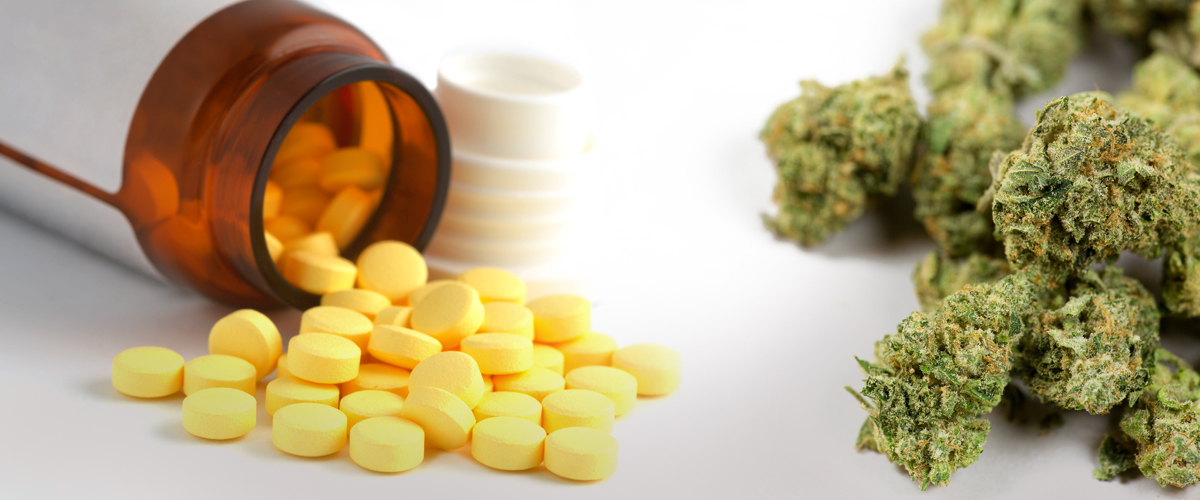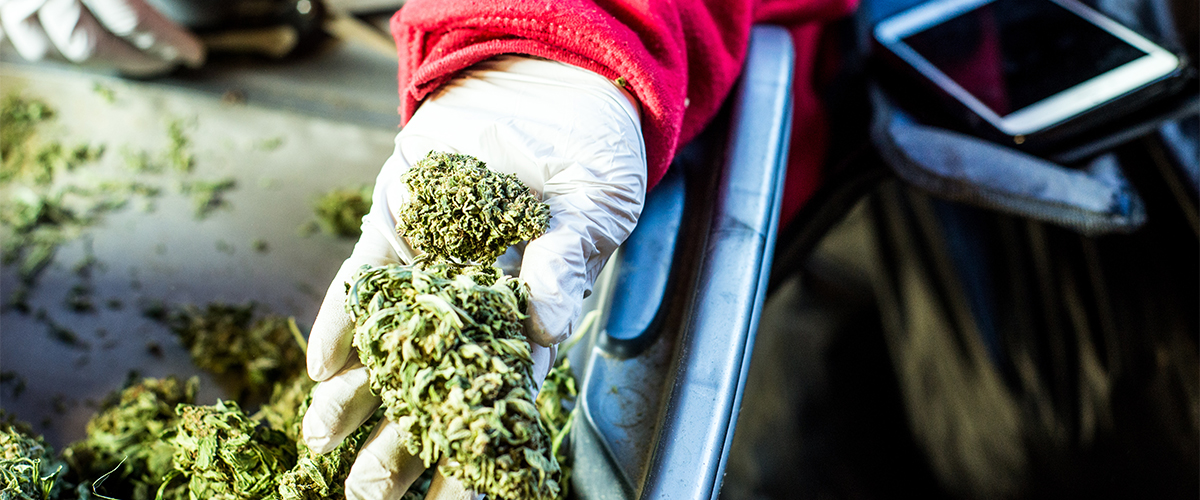There’s a catch to whether legalizing medical marijuana can impact opioid deaths: The medical marijuana must be easily accessible.
Researchers from RAND Corporation and the University of California, Irvine have found evidence that providing legal and easy access to medical marijuana reduces the number of fatal overdoses by approximately 20 percent.
“Our findings are consistent with previous studies showing an association between the legalization of medical marijuana and lower deaths from overdoses of opioids,” said Rosalie Liccardo Pacula, co-author of the study, published online this month by the Journal of Health Economics.
It’s true that the study isn’t the first to find evidence that medical marijuana could be beneficial for addressing the nation’s opioid epidemic. It is the first to discover that legalization of medical marijuana alone isn’t enough to impact opioid deaths.
Pacula and her colleagues found that the drop in opioid fatal overdoses only occurred in states that had provisions in place to make medical marijuana easily available for patients at dispensaries. States that only provided legal protections and permission to grow marijuana did not experience a reduction in opioid death rates.
Additionally, the rate of reduced opioid deaths has slowed since 2010 when, as the study explains, states tightened the requirements to buy marijuana from a dispensary.
The researchers suggest that dispensary regulations tightened after a 2009 U.S. Justice Department memo from then Attorney General Eric H. Holder Jr., that directed federal prosecutors to not interfere with state-legal medical marijuana provided dispensary sales were in full compliance with state regulations.
The study also suggests that since 2010, the primary driver of opioid-related deaths have come from illicit opioids rather than those obtained through prescription.
“… Our findings show that the mechanism for this was loosely regulated medical marijuana dispensaries, and that the association between these laws and opioid mortality has declined over time as state laws have more tightly regulated medical dispensaries and the opioid crisis shifted from prescription opioids to heroin and fentanyl,” said Pacula.
Whether patients obtaining medical marijuana were using it as a substitute to opioids is unclear. The study found no evidence of medical marijuana legalization having an impact on the volume of prescribed opioids for pain management.

How the Study Worked
To investigate the impact of medical marijuana legalization on opioid overdoses, the researchers used data on treatment admissions for addiction to pain medications between 1999 and 2012, and state-level opioid overdose deaths between 1999 and 2013.
The researchers then identified the states that have legalized medical marijuana and examined whether they had provisions in place that made ready-to-use marijuana easily accessible to patients through dispensaries.
Where Medical Marijuana is Legal
Marijuana remains illegal under federal law. With California leading the way in 1996, 29 U.S. states have passed their own legislation legalizing marijuana for medical purposes.
In place at the moment is the Rohrabacher-Farr amendment, an appropriations rider that prohibits the Justice Department from using federal funds to interfere with medical marijuana programs and patients that are compliant with state law. That amendment’s long-term fate, however, remains in doubt, as it must be renewed as part of the annual spending bill.
A bill proposing to permanently protect marijuana states from federal enforcement was introduced in the U.S. House last month by California Rep. Barbara Lee.
Read Up on Medical Marijuana
Learn about the potential of medical marijuana as an alternative to opioids by visiting our education page, or keep up with the cannabis industry’s latest developments through our news page.






